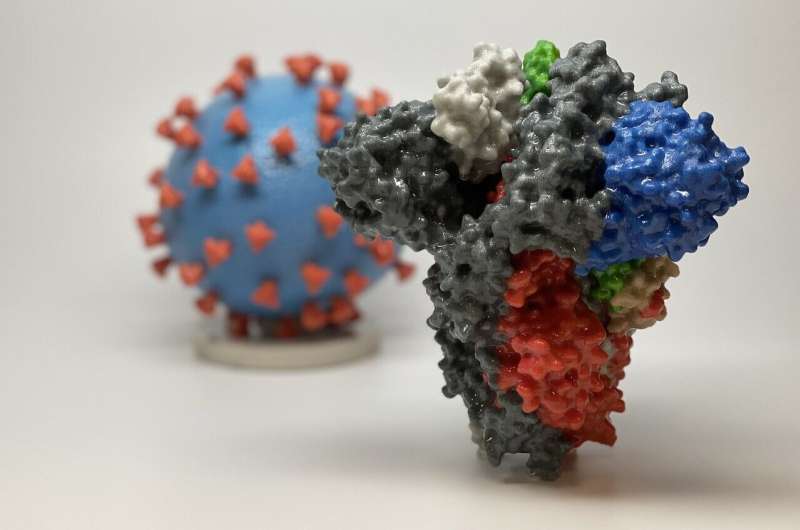New clinical review casts doubt on use of chloroquine and hydroxychloroquine for COVID-19

In its May issue, The FASEB Journal is publishing a comprehensive review on the science and clinical experiences with the drugs chloroquine and hydroxychloroquine, first introduced as effective weapons against malaria, rheumatoid arthritis, and the autoimmune disease lupus. Recent anecdotal reports suggested these drugs might be effective against the SARS-CoV-2 virus, the cause of the COVID-19 pandemic. This new review describes the growing skepticism regarding adoption of chloroquine and hydroxychloroquine for the respiratory infection caused by this virus.
The review's lead author is Mark Poznansky, MD, Ph.D., a Harvard Medical School associate professor and director of the Vaccine and Immunotherapy Center in the Infectious Disease Division of Massachusetts General Hospital. "When I went on service a few weeks ago in the ICUs of Massachusetts General Hospital as an infectious diseases attending physician, it was evident to me and my colleagues that there were both risks and benefits of the widespread initial use of hydroxychloroquine in the context of COVID-19 infection. This was based on seeing patients who, for whatever reason, appeared to be doing poorly despite the use of this medication," Poznansky said.
"We chose to dive into this important matter in an expedited manner to create a science-based awareness of this subject," said Poznansky. "Beyond the known cardiac side effects of this drug, we aimed to reveal those aspects of the anti-viral and immune modulatory activities of hydroxychloroquine that could potentially help or, as importantly, impair a patient's response to the virus. The goal was to help physicians make data-informed decisions about how to use this drug for patients with COVID-19 infection within carefully designed clinical trials," he said.
The authors reviewed earlier anecdotal reports and poorly controlled clinical trials that raised considerable optimism about the widespread adoption of this therapy. However, the authors present mechanistic reasons why these drugs may fail for COVID-19. They point to fast-moving data—accumulated through April 22—that creates significant skepticism for therapy with either chloroquine or hydroxychloroquine for which there was early optimism; namely, that these drugs reduced viral uptake by cells cultured in the laboratory, rather than in patients.
This ray of optimism overlooked something far more worrisome: the powerful immunosuppressive action of these drugs, which is the basis of their potency in rheumatoid arthritis and lupus. But these drugs have failed in previous respiratory virus outbreaks, including influenza. The authors surmise that the drugs inhibit innate immune reactions critical to viral defense, as well as the generation of adaptive, cell-mediated immunity that is also necessary to control a virus like SARS-CoV-2.
The authors emphasize the need for all due caution in utilizing therapies involving these two drugs based solely on data from studies with lab-cultured cells—as opposed to studies in patients. They report that current clinical trial results are leading to a rapidly diminishing view of their utility for COVID-19.

















